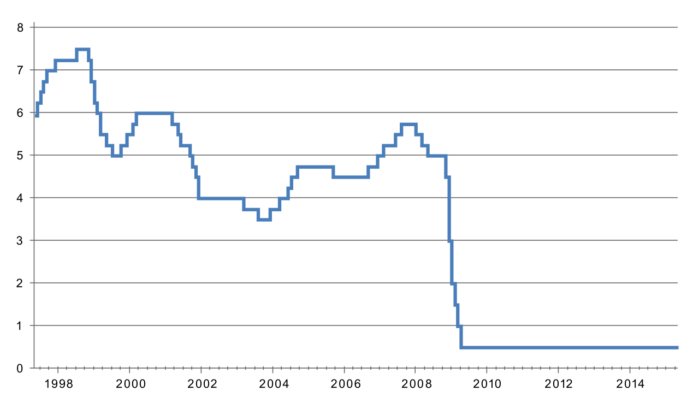The term ‘skin the game’ is a fairly recent addition to the P2P business lending sector’s collection of ‘cool’ phrases. An import from the equity finance side of the fence, it is meant to comfort lenders/investors with the thought that, if they lose their money, others – particularly the borrowers, but also other lenders – will lose theirs, too. But apart from sounding modern and slick, does it send a message that typical lenders necessarily want to hear? And does it have any real value anyway?
‘Skin in the game’ has crept into the picture because a few P2P lenders have taken the step of putting money from their own balance sheets into selected projects. The motive for taking this kind of risk appears to be to help certain borrowers raise the cash they need because (a) some loans do not meet the usual lending criteria and (b) in the platform’s estimation, the borrower company nevertheless deserves support. Their action bears all the hallmarks of bank lending, which is why some commentators are beginning to ask whether this is the first step towards achieving that ultimate ambition. It suggests that everyone in the P2P sector secretly wants to trade their original disrupter ticket in order to become a bank.

We can’t possibly comment on the corporate plans of our competitors, but ArchOver’s position on this is quite clear: we are not a bank and neither do we have any ambitions in that direction. We are not a venture capital company, either. We provide a matching service between borrowers and lenders, using a unique business model designed to protect the interests of all parties, but especially lenders.
Furthermore, it is our contention that having the right business model – in our case we use credit insurance to protect assets valued at 125% of the loan – offers far better lender protection than having a borrower prepared to risk their own money to the tune of, say, 5% of the total as a gesture towards the ‘skin in the game’ culture.
On the issue of fairness, surely it is far better to treat all lenders the same, irrespective of whether they are individuals, family office or small institutions; there should be no special deals for anyone. And we would also argue that it is better to conduct rigorous due diligence in the first place, and to stick to the criteria rather than try to justify special cases. We do not subscribe to the notion that borrowers and lenders want to see platforms putting their own solvency at risk through approving poor loans. That’s something the banks do!


